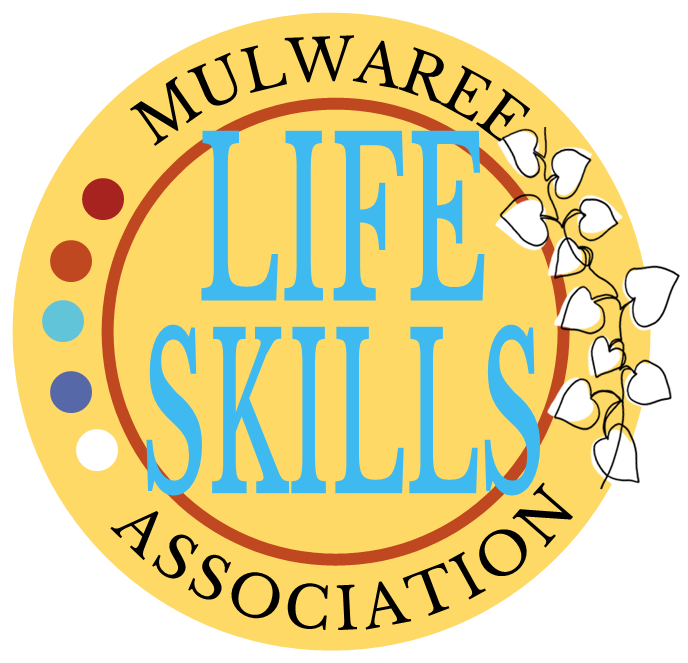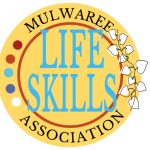Embarking on the journey to earn my Master’s in Educational Leadership has been a transformative experience, requiring dedication, passion, and resilience. For me, this path has been one of personal growth, professional development, and a deeper understanding of what it means to lead in education. As I navigate through my postgraduate studies, I’ve encountered challenges, gained invaluable lessons, and shaped my leadership style, all while striving to make a positive impact in the world of education.
1. Finding My Passion for Leadership
The decision to pursue a Master’s in Educational Leadership was driven by my deep passion for teaching and my desire to create meaningful change in the education system. After years in the classroom, I understood how important strong leadership is in fostering a positive learning environment and supporting teachers in their professional growth. I was motivated by the vision of becoming an educational leader who could inspire others, advocate for students, and drive innovation in the classroom.
But this journey wasn’t just about ambition—it was also about deepening my understanding of what it takes to be an effective leader. The program opened my eyes to the complexities of educational leadership, from balancing administrative duties to making difficult decisions that affect the entire school community. I learned that leadership isn’t just about managing; it’s about inspiring and guiding others toward shared goals.
2. Balancing Work, Study, and Life
One of the most significant challenges I faced during this postgraduate journey was balancing my studies with my existing professional and personal responsibilities. Like many educators pursuing further studies, I had to find a way to juggle my full-time teaching role, my postgraduate coursework, and my personal life. Time management became critical, and I quickly learned the importance of setting priorities and keeping a structured schedule.
To stay on top of my assignments while managing my classroom responsibilities, I developed strategies like breaking tasks into smaller, manageable pieces and dedicating weekends to study. Though the long hours and occasional exhaustion were difficult, the process helped me strengthen my work ethic and taught me how to balance my professional and personal life more effectively.
What I learned:
Effective time management and self-discipline are key when pursuing postgraduate studies, especially when juggling multiple responsibilities. I’ve come to realise that balancing work, study, and life requires thoughtful planning and a clear sense of purpose.
3. Developing a Deeper Understanding of Educational Theory
As I dove into the theoretical aspects of educational leadership, I discovered the vast research that supports the education system. The program introduced me to leadership theories, organisational behaviour, and change management models, all of which gave me a more nuanced understanding of how schools function and how leaders can drive positive change.
One concept that really resonated with me was transformational leadership—a style focused on inspiring and motivating others to reach their highest potential. This framework helped me see the value in empowering teachers, fostering collaboration, and building trust within the school community. I began to understand that leadership isn’t about having authority, but about creating an environment where everyone feels valued and supported.
What I learned:
Understanding educational theory is critical to being an effective leader. This journey has shown me that good leaders must be both visionary and pragmatic, using research-backed strategies to guide decisions and school improvement efforts.
4. Navigating the Challenges of Change Management
One of the most valuable aspects of my postgraduate experience has been learning how to navigate change in a school setting. Leadership in education involves constant adaptation, whether it’s implementing new policies, adopting innovative teaching methods, or addressing the unique needs of students and staff. Through my coursework, I’ve learned practical tools for managing change, from effective communication with stakeholders to resolving conflicts.
I’ve realised the importance of involving teachers, parents, and students in the change process. By building consensus and ensuring that all voices are heard, I can foster a sense of ownership and shared responsibility for the school’s success. Change is rarely smooth, and I’ve learned that it’s essential to remain patient, adaptable, and empathetic throughout the process.
What I learned:
Effective change management requires clear communication, collaboration, and empathy. I’ve learned that successful leaders guide change by fostering a shared vision and engaging with all stakeholders.
5. Building Leadership Confidence
As I progressed through the program, I noticed a significant increase in my confidence as a leader. The challenges I faced—whether it was completing complex assignments or leading group projects—pushed me out of my comfort zone and strengthened my leadership skills. Over time, I became more comfortable with making decisions, taking initiative, and leading others, knowing that my education had equipped me with the tools I needed.
Through discussions with peers and real-world leadership exercises, I began to shape my own leadership style, which is rooted in collaboration, empathy, and a commitment to student success. I’ve learned that leadership isn’t about knowing all the answers but about being open to learning, listening, and empowering others.
What I learned:
Confidence in leadership grows with experience and self-reflection. This journey has shown me that leadership is a continual learning process, and the more I embrace challenges, the more I develop as an effective leader.
6. The Power of Networking and Mentorship
One unexpected benefit of my postgraduate studies has been the connections I’ve made with fellow students and mentors. The program introduced me to a network of educators who share my passion for leadership and innovation. Through group discussions and projects, I’ve gained new perspectives and learned from the experiences of my peers.
Mentorship has also played a crucial role in my development. Having access to experienced leaders who could offer guidance, advice, and feedback has been invaluable. These mentors helped me navigate the complexities of leadership, providing practical insights into the realities of running a school.
What I learned:
Building a strong network of peers and mentors is essential for growth as a leader. I’ve come to appreciate the importance of learning from others and seeking guidance from those with more experience.
7. A Commitment to Lifelong Learning
Perhaps the most important lesson I’ve learned throughout this journey is the value of lifelong learning. Educational leadership isn’t a destination but a continuous process of growth and reflection. This program has made me more aware of the need to stay adaptable, informed, and open to new ideas.
As I look forward to completing my Master’s degree, I remain committed to applying everything I’ve learned to my role as a leader. This journey has equipped me with the knowledge, skills, and confidence to make a lasting impact on my school community and continue evolving as an educator.
What I learned:
Leadership requires a lifelong commitment to learning and improvement. This journey has reinforced my belief in staying curious, open-minded, and willing to evolve.
Pursuing a Master’s in Educational Leadership has given me more than just a qualification—it has provided me with the tools, insights, and confidence I need to be an effective and inspiring leader in education.

